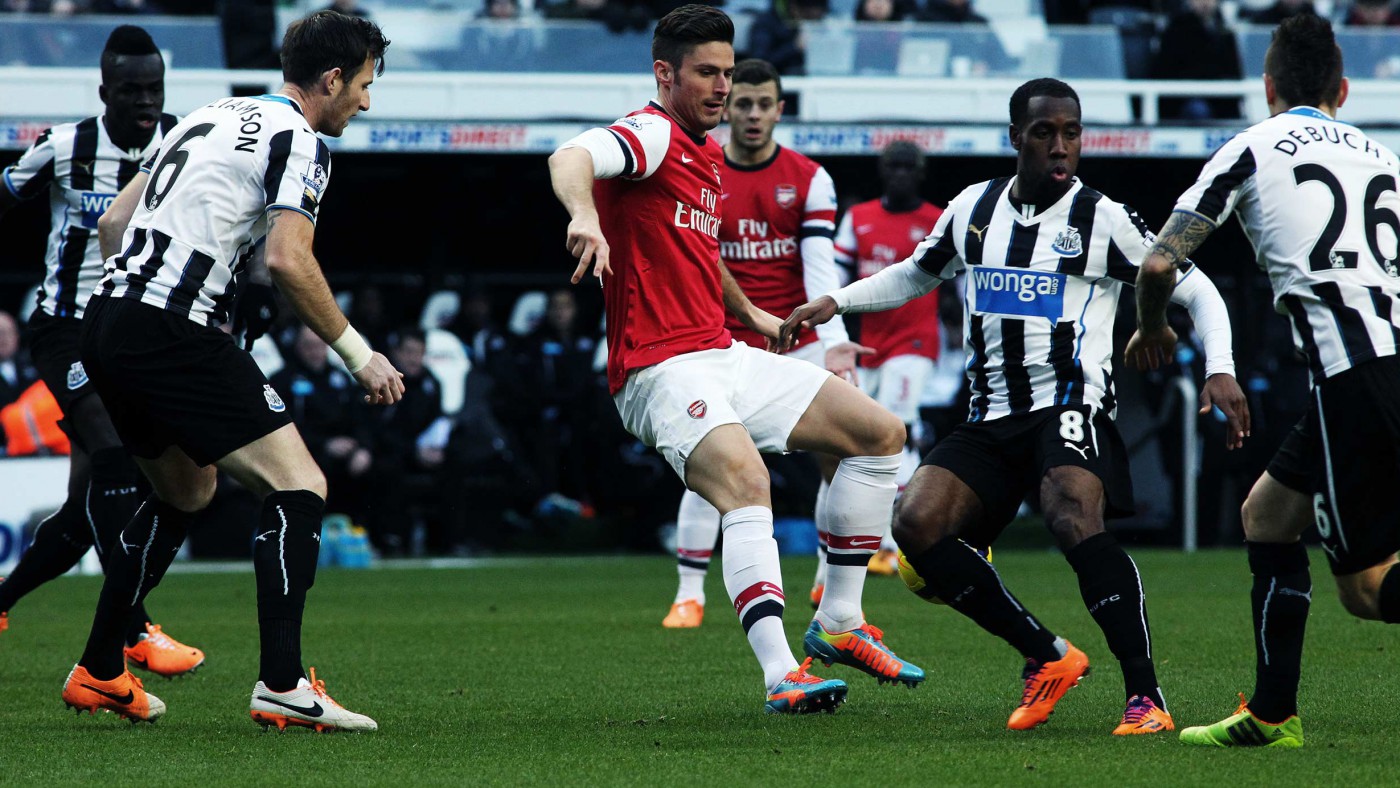There is something odd going on at the heart of European football. Earlier this month, Barcelona sealed their fourth UEFA Champions League trophy in ten years, unseating their domestic rivals Real Madrid as title-holders. The top English teams and their colossal international fan bases watched glumly from the sidelines, as they had done for the semi- and quarter-finals.
The UK’s economy is roughly double the size of Spain’s, which makes it even more remarkable that Spain sustains such dominant leaders of a multi-billion industry. The Premier League’s annual earnings were £2.8 billion in 2013-14, again double that of Spain’s La Liga. If there is so much more money sloshing around in England, why are our top teams not blowing their competition away in Europe?
The answer lies in how the leagues distribute their broadcasting revenues. TV rights are sold by individual teams in La Liga. This has led to a huge gap between Real Madrid and Barcelona, which received £114 million each in 2013-14, and teams in the rest of the league, which received £15-39 million. In stark contrast, the Premier League acts under a model resembling socialism – it sells the TV rights on a collective basis and shares out the money. Most of it is distributed equally, but teams with higher league positions do receive more: In 2013-14, Chelsea received £94 million, mid-table Newcastle was given £77 million and Cardiff City, which finished bottom, was generously handed £62 million. The full consequences of the two systems are not obvious to most: the Premier League’s system is generally seen positively and La Liga’s negatively, especially among football fans. When a few clubs are allowed to dominate as in Spain, it is unfair, damages competition and turns off viewers – or so the reasoning goes.
Rubbish. Redistributing revenues from successful Premier League clubs to underperforming clubs has been extraordinarily damaging to competition. In 2013, the TV deal meant that Arsenal lost out on £47 million that it earned through investment in new players, global marketing and excellent football management. On the other hand, bungling clubs such as QPR repeatedly waste their handouts on expensive, badly chosen players. And the distortion and deep unfairness doesn’t stop there. Middling English teams are rolled over in European competitions as they are financially comfortable and lack incentives to compete. Ambitious, innovative clubs in the second tier in England now find it much harder to win promotion, because the Premier League feeds relegated clubs extra money to cover their losses. This welfare system harms successful teams, discourages resourceful rising clubs and promotes waste – all for the benefit of the worst performing teams in the Premier League.
The other argument – that leagues are more watchable when clubs play at a similar level – is appealing, but does not hold up to scrutiny. There are far more ‘equal’ leagues than the Premier League – the Irish league has had eight different winners in the past ten seasons – but would you rather watch them? Above all, fans will always prefer to watch the best quality football, and even games are a very distant second in their wish list.
Sadly, the Spanish government have recently been lobbied into trying to collectivise La Liga’s broadcasting revenues too, which could punish the success of Barcelona and Real Madrid. Socialism is a wildly inappropriate concept to apply to football, because the Premier League is obviously not handing out money to the poor and hungry – it is lining Newcastle owner Mike Ashley’s pockets instead. Undiluted, aggressive competition between Spanish clubs has driven them to success and attracted the likes of Messi and Ronaldo. English football is throwing away an opportunity: it has more money, bigger cities and better brand recognition than Spain because of decades of frantic overseas marketing. If only the Premier League released itself from socialism’s stranglehold, it could attract, hone and market the greatest footballers in the world and finally become the world’s premier football league.


